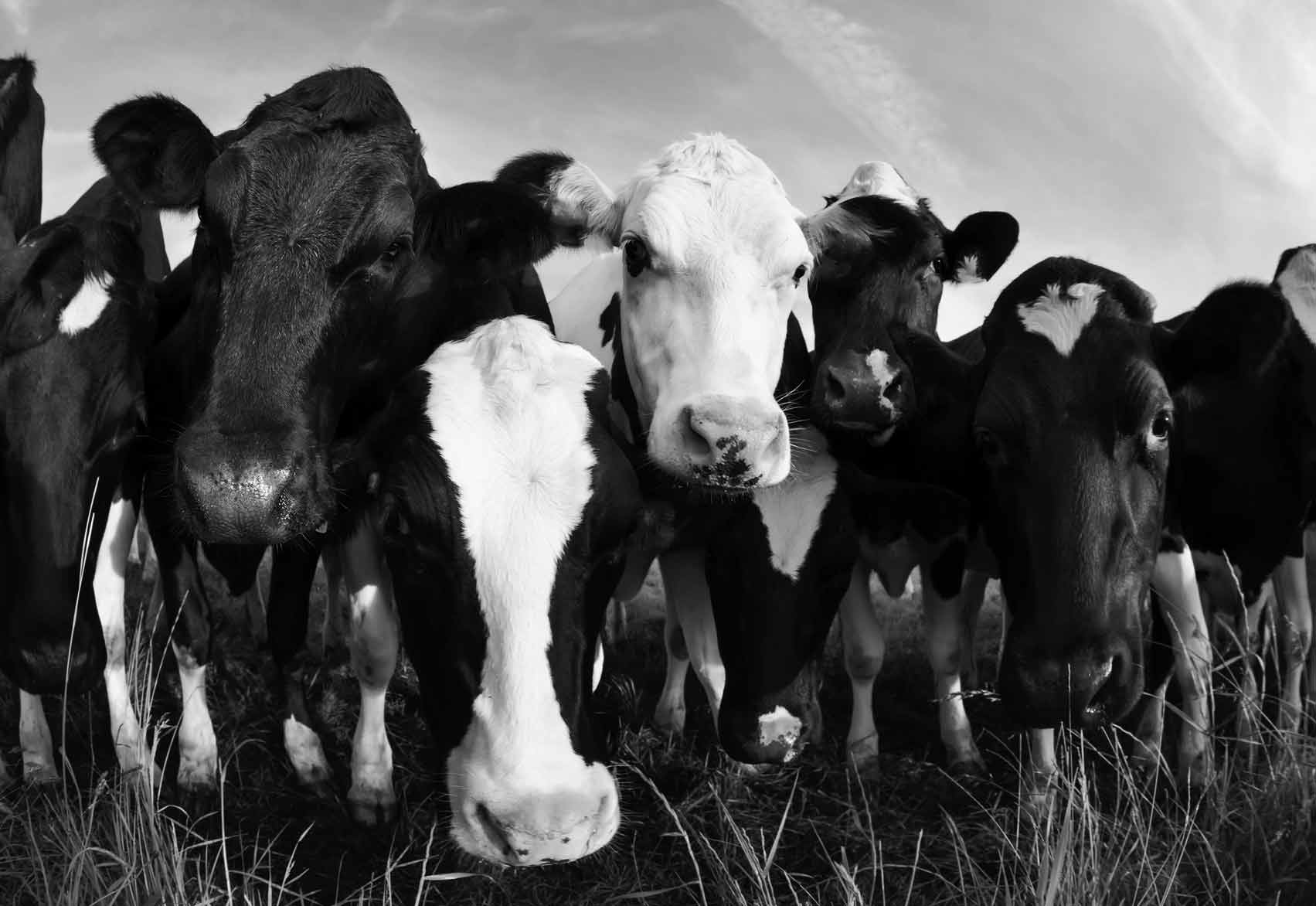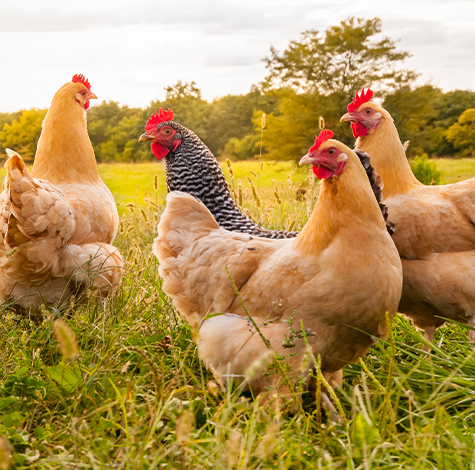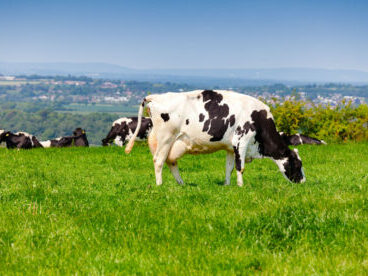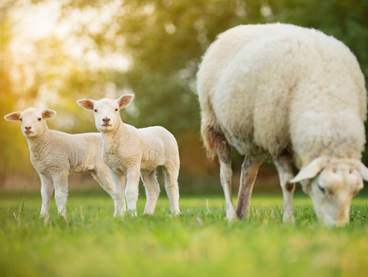Balancing fatty acids to boost equine health, fertility and vitality
The health benefits of feeding omega-3 fatty acids are widely accepted in many species, and with research into equine diets increasing, fatty acids are recognised as a positive source of dietary energy for horses, and the nutritional advantages are indisputable.
Improved fertility, reduced inflammatory response, and enhanced immunity are just some of the proven benefits of a diet high in omega-3 fatty acids, as the most recent research reveals.
Researchers have focused their attention on two distinct families of fatty acids, the omega-3 family and the omega-6 family. Significant members of the omega-3 family are eicosapentaenoic acid (EPA) and docosahexaenoic acid (DHA).
“Our detailed review of research into horse nutrition has shown that omega-3 fatty acids, namely EPA and DHA found in marine oils, can have a number of beneficial effects in horses with regard to disease resistance, hoof, skeletal health and coat condition,” explains Nigel Bateson, national sales manager for nutritional supplement manufacturer, UFAC-UK.
“In ancient times, horses consumed omega-3 and omega-6 fatty acids in approximately a 1:1 to 4:1 ratio, from their daily intake of free-choice herbs, forage and occasional grains,” he continues.
“The current dietary situation is markedly different, with horses at work fed energy concentrates rich in omega-6 fatty acids. This throws off the balance of omega-3 to omega-6 ration, significantly interfering with the metabolism, and can result in excessive inflammation in the body.”

With its own manufacturing facility in Rutland, and offices in Newmarket, UFAC-UK has been supplying nutritional supplements to the animal feed industry for over 40 years. Approved under the Feed Materials Assurance Scheme (FEMAS), It has developed a blend of nutrient sources designed specifically for optimal health, fertility and vitality of horses.
UFAC-UK’s Omega-3 Supplement is a palatable, friable, dust-free meal, made up of an enhanced blend of marine oils high in omega-3 fatty acids, designed to be mixed into individual meals.
“Omega-3 fatty acids fight inflammation, while omega-6 fatty acids promote it, so if the balance is upset in favour of the latter, then the beneficial effects are lost,” says Mr Bateson. “While the ideal ratio of omega-6 to omega-3 has not been scientifically established, it is thought to be in the range of 1:1 and 5:1.”
He adds, “This can only be achieved by feeding preformed omega-3 fatty acids from marine oils, since the conversion efficiency of omega-3 in forages and linseed to EPA and DHA is very low and variable.”
EPA and DHA provide extra calories in a beneficial and highly useable form to the animal, playing a vital role in cellular repair and formation of tissues, brain function, growth, development and coat conditioning.
Mr Bateson concludes, “These essential fatty acids are anti-inflammatory and can improve calcium deposit and bone strength. Omega-3 fatty acids have been proven to aid horses with many conditions including stomach ulcers, arthritis, auto-immune diseases, hoof quality, reproduction, joint health, and lowering the risk of colic and pulmonary bleeding.”


 Back to News
Back to News 



